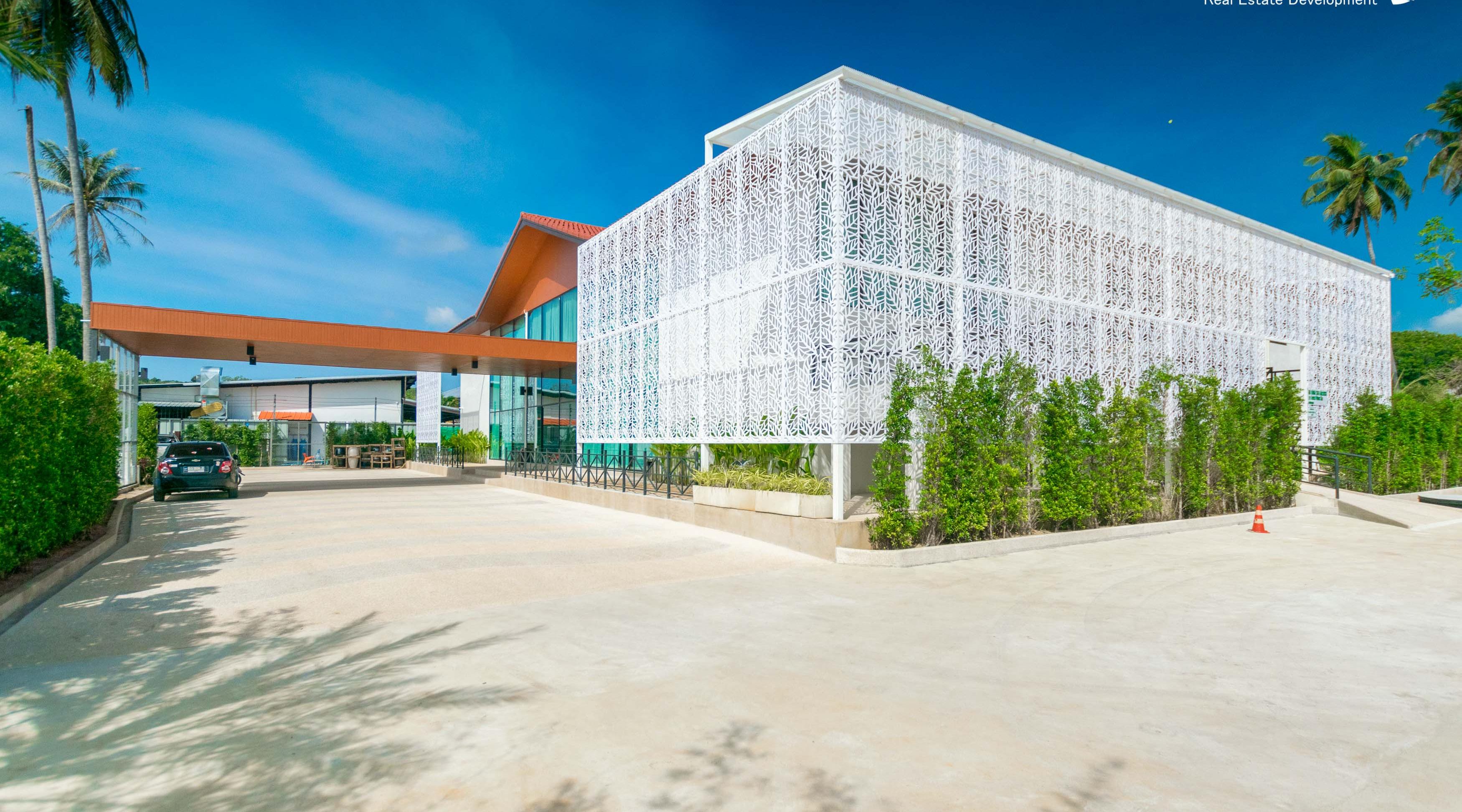Athletes constantly push their bodies to the limit, seeking ways to improve athletic performance, enhance recovery time, and reduce the risk of injury. Traditional methods like nutrition, strength training, and physical therapy are essential, but emerging therapies such as peptide therapy are gaining attention. This therapy offers a promising approach to improving both performance and recovery. In this article, we will explore what peptide therapy is, how it works, and how it can benefit athletes.
What is Peptide Therapy?
What Are Peptides and How Do They Work in the Body?
Peptides are short chains of amino acids, the building blocks of proteins, and they perform crucial roles in the body. Unlike larger proteins, peptides are smaller and often act as signaling molecules. They trigger specific cellular responses that influence various physiological processes, including metabolism, muscle repair, and hormone regulation, all of which are key to enhancing athletic performance.
In sports settings, certain peptides stimulate growth hormone production, improve tissue repair, and promote anti-inflammatory effects. This is particularly appealing to athletes looking to optimize recovery time and maintain peak physical performance.
How is Peptide Therapy Different from Traditional Therapies?
Traditional therapies in sports medicine and performance enhancement often rely on generalized treatments like physical therapy, anti-inflammatory medications, and anabolic steroids. Peptide therapy, however, offers a more targeted approach. It uses specific peptides designed to influence particular physiological functions, resulting in more personalized treatment.
For instance, athletes recovering from muscle strain might benefit from peptides that promote collagen production and tissue repair. Others, focused on endurance training, might incorporate peptides that enhance oxygen utilization and energy efficiency. Additionally, peptide injections or supplements can be tailored to an individual's specific athletic needs.
What Types of Peptides Are Commonly Used in Athletic Settings?
Various types of peptides are utilized to support athletic performance and recovery. The most commonly used peptides include:
- Growth Hormone-Releasing Peptides (GHRPs): These peptides stimulate the release of growth hormone, which is vital for muscle growth, recovery, and fat metabolism.
- Thymosin Beta-4 (TB-500): Known for its healing properties, TB-500 helps with injury recovery, promotes tissue repair, and reduces inflammation.
- BPC-157: This peptide supports soft tissue repair, such as healing tendons and ligaments, making it highly beneficial for injury recovery and reducing recovery time.
- CJC-1295/Ipamorelin: These peptides work together to increase growth hormone levels, contributing to muscle development, fat loss, and faster recovery.
- AOD-9604: A fragment of growth hormone, this peptide is used for fat metabolism and weight management, helping athletes maintain a lean body composition.
These peptides for athletes offer targeted solutions, allowing for personalized treatments to help enhance physical performance and recovery.
How Can Peptide Therapy Enhance Athletic Performance?
What Specific Benefits Do Athletes Gain from Peptide Therapy?
Peptide therapy provides a range of benefits that athletes may use to enhance their performance. These include:
- Enhanced muscle growth and strength: Peptides like GHRPs stimulate growth hormone production, which promotes muscle hypertrophy and strength.
- Improved fat metabolism: Certain peptides like AOD-9604 assist in reducing body fat while maintaining muscle mass, which is crucial for athletes seeking a lean physique.
- Increased stamina and endurance: Peptides like CJC-1295 help the body efficiently use energy, improving oxygen utilization and endurance during prolonged exercise.
- Faster recovery: By promoting tissue repair and reducing inflammation, peptides can speed up recovery time after intense training sessions.
How Do Peptides Affect Muscle Growth and Strength?
Muscle growth occurs through a process known as hypertrophy, where muscle fibers increase in size due to stress during exercise. Growth Hormone-Releasing Peptides (GHRPs) and peptides like Insulin-like Growth Factor (IGF-1) promote muscle growth by stimulating growth hormone and enhancing protein synthesis.
Peptides directly affect muscle repair by increasing muscle protein production, helping athletes recover faster from strength training sessions. This allows for better muscle development and strength over time, which is essential for improving overall performance.
However, peptide therapy should be combined with proper strength training and nutrition to optimize results. While peptides can help support muscle growth, they are most effective when incorporated into a comprehensive fitness program.
Can Peptide Therapy Improve Endurance and Stamina?
Endurance athletes like runners and cyclists often seek methods to improve their physical performance over extended periods. Peptide therapy for athletes may improve endurance by boosting energy efficiency and oxygen uptake.
Peptides like CJC-1295 and AOD-9604 have been shown to increase fat metabolism, providing a more sustainable energy source during prolonged exercise. Enhanced oxygen delivery to muscles can also contribute to better cardiovascular function, allowing athletes to maintain their performance levels for longer periods.
Additionally, by improving sleep quality, peptides may also support recovery and help maintain stamina, which is crucial for athletes involved in high-intensity training.
What Role Does Peptide Therapy Play in Recovery?
How Can Peptides Accelerate Recovery After Intense Training?
Intense training can lead to muscle damage, soreness, and inflammation. Peptides like Thymosin Beta-4 (TB-500) and BPC-157 can support recovery by promoting cell regeneration, accelerating tissue repair, and reducing inflammation. These peptides can expedite the body's healing process from the microtears that occur during exercise, allowing athletes to return to training more quickly.
Improved recovery means less downtime and reduced risk of overtraining injuries, which can lead to more consistent performance improvements over time.
What Are the Potential Benefits of Using Peptides for Injury Recovery?
Injuries can be a significant setback for athletes, often leading to extended time away from training. Peptides like BPC-157 and TB-500 have shown potential in promoting faster recovery, especially for soft tissue injuries like those affecting muscles, tendons, and ligaments.
BPC-157, in particular, has been studied for its effectiveness in healing ligaments and tendons, making it a valuable option for athletes recovering from conditions like tendonitis or ligament sprains. Meanwhile, TB-500 helps reduce inflammation and promote the healing of damaged tissues, speeding up recovery time and allowing athletes to resume training sooner.
However, peptides may help support injury recovery but should be used alongside other treatments like physical therapy and rest for the best results.
How Do Peptides Help Reduce Inflammation and Soreness?
After intense exercise, inflammation and soreness are common, a condition often referred to as Delayed Onset Muscle Soreness (DOMS). Peptides like TB-500 reduce inflammation by promoting the production of anti-inflammatory molecules within the body.
By alleviating soreness and reducing inflammation, peptide therapy can help athletes recover more comfortably and maintain their training consistency. Reducing inflammation is also crucial for preventing long-term damage to muscles and joints, especially for athletes undergoing regular intense physical activity.
Conclusion
Peptide therapy is emerging as a promising option for athletes looking to improve their performance and recovery. By targeting specific bodily functions like muscle growth, fat metabolism, and tissue repair, peptide treatments provide a more personalized approach compared to traditional therapies. Whether the goal is to build strength, improve endurance, or recover faster from injuries, peptide therapy can help athletes reach new levels of physical performance.
However, incorporating peptide therapy into an athletic routine should be done under the guidance of a qualified medical professional. It is essential to ensure that the use of peptides is safe and tailored to the individual's unique needs.
At Lyfe Medical Wellness, we specialize in personalized wellness treatments that can help you achieve optimal performance. Our expert team is experienced in using peptides to aid athletic performance and recovery. Whether you're preparing for a competition or looking to improve your overall athletic capabilities, we can design a peptide regimen that supports your goals.




